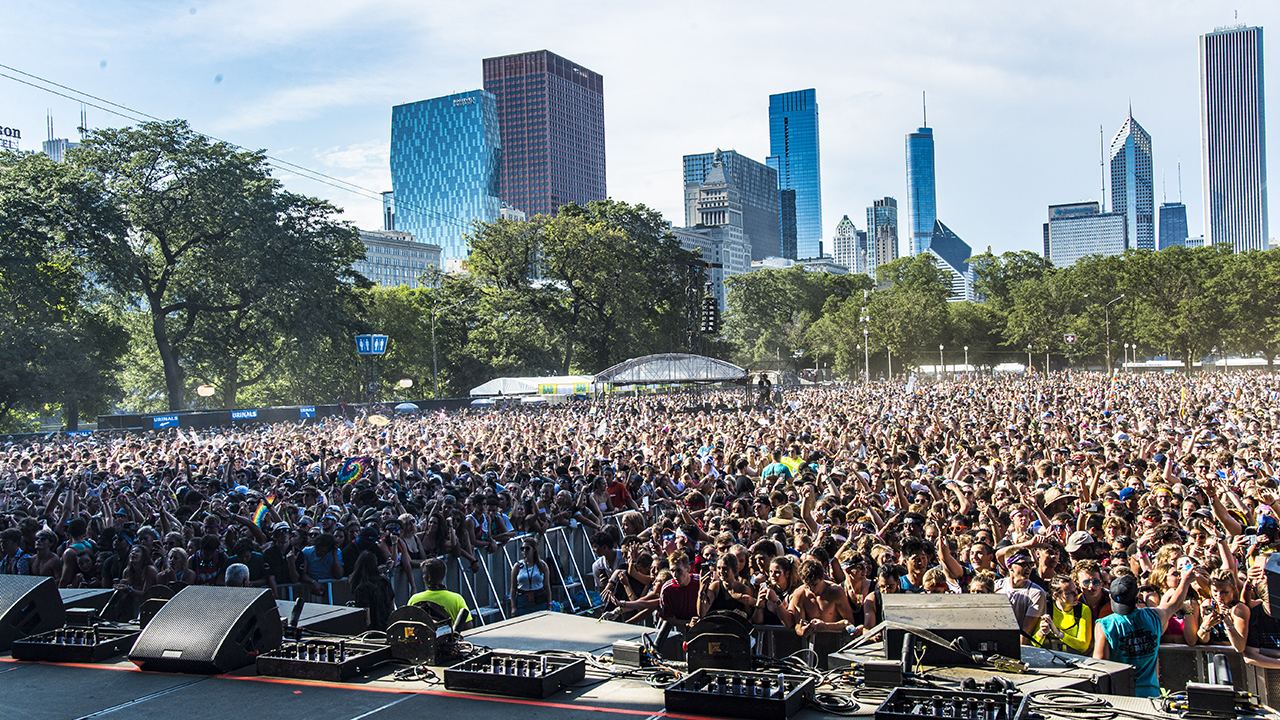Rule requiring Chicago police officers to notify OEMC after pointing firearm delayed

CHICAGO (WLS) -- New rules that were set to apply to Chicago police officers starting Monday have been delayed.
The rules require officers to radio notify OEMC every time they point a firearm at someone. Their supervisor will then review the incident to ensure CPD policies were followed.
Officers are also barred from using a Taser on a suspect who is running away, and police will be required to provide first aid for people injured by officers' use of force.
The new rules are part of the consent decree, a package of reforms enacted following the shooting of Laquan McDonald.
The Firearms Notification Policy was a major sticking point between the city and Illinois Attorney General's office. While a deal was reached on the issue to move the consent decree forward, and Monday was target day for the policy to begin, the Fraternal Order of Police asked for a delay.
FOP president Kevin Graham said keeping officers safe while on duty, and he said that means letting officers defend themselves.
"We want to make sure our officers are ready to go out there to do the job, and the vast majority are, but we don't want to give them any ideas that they are going to be second-guessed from make the decisions that they have to make," Graham said.
That includes pointing their gun at someone. The Firearms Notification Policy is one of the most controversial elements of the consent decree.
"Are you going to be judging one police officer against another, what is this information going to be used for? And that hasn't been explained to us yet," said Graham.
Graham said officers fear the information gathered will be used against them and until more is explained they may be hesitant to draw their weapons.
"I understand the concern, I don't think the concern is actually going to bear out because there are protections in place," said Chicago Mayor Lori Lightfoot.
Lightfoot said there is no basis for the FOP delay and that it will cost the city more in the long run if police reform does not move forward soon.
"We've got to the past the point where the FOP reflexively believes that anything related to police reform is a problem," she said.
Lightfoot and Graham met recently, and both called it a positive meeting. Lightfoot said she is confident common ground can be reached on the issue, and that the city expects the Firearms Notification Policy to begin sooner than later.





